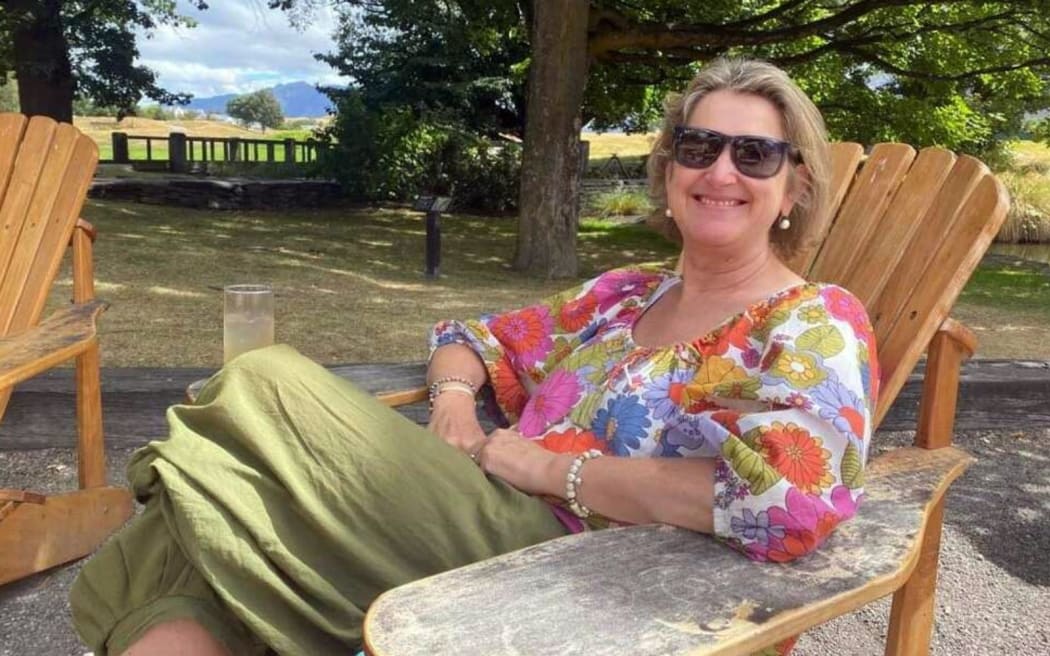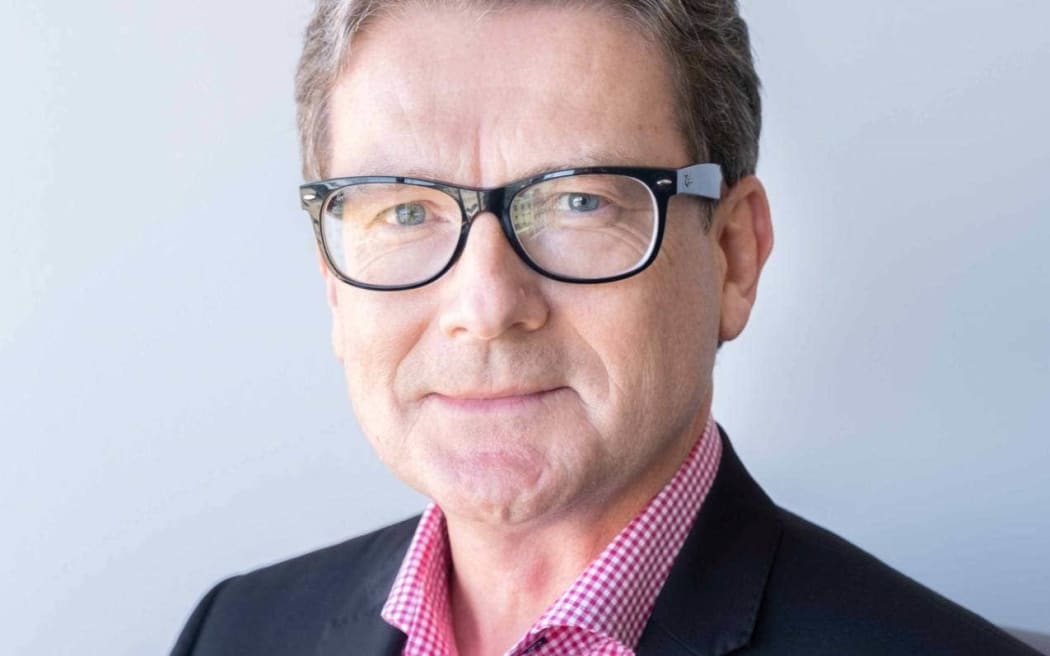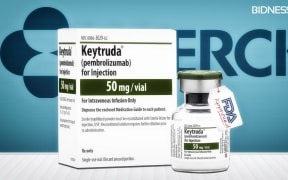
Diane Smith. Photo: Supplied
Drug-buying agency Pharmac is not moving fast enough, says a gut cancer patient paying more than $10,000 a month to keep her treatment going.
With 5700 New Zealanders diagnosed every year, gut cancers are one of the most common forms of cancer in the country - including cancers of the bowel, pancreas, stomach, oesophagus and liver.
In an open letter to Pharmac, oncologists urged newer and better-funded medication, saying the country is barely keeping pace with the World Health Organisation essential medicine list.
Pharmac said it was working hard to make more cancer treatment options available, despite limited funds.
Christchurch-based Diane Smith was diagnosed in January 2022 with stage four oesophageal cancer and given a life expectancy of approximately 12 months.
After undertaking publicly funded chemotherapy for three months, she saw herself having to decide between her finances and her health.
The medicine she needed to extend her life, Keytruda (pembrolizumab), was approved by Medsafe, which recommended the drug as a second-round treatment for oesophageal cancer.
The drug was already funded by Pharmac for other cancers including melanoma, but not for Smith's type of cancer.
"The drug itself is just under $8000 per infusion, and then it costs another $2000 to administer the drug privately and have your oncology appointment and those things, so it's just under $10,000 every three weeks," Smith said.
She had to stop working last year to undergo treatment, but her everyday expenses still needed to be met.
"It's an ongoing cost now that it's working, and you eat through your savings. When they gave me a year, I decided I was going to ignore that - but I only wanted to do treatments that would give me quality of life.
"It is quite an adjustment mentally and emotionally to be told that you're on the way out, then to still be here and be doing well."
Until you were sick, New Zealanders did not understand what was publicly funded, Smith said.
"And it means people are having to advocate so strongly for themselves at a time when they're unwell."
While living across the Tasman, New Zealander Kim Vigors' husband Mark was diagnosed with stage four bowel cancer.
"When we found out we needed this treatment, we were told it was going to cost us AU$50,000 a month.
"And to tell you the mental arithmetic we did in the space of 30 seconds, it was just phenomenal. We thought, 'Okay, we can do it, we can remortgage our house, we can get his life insurance paid out earlier,' all this stuff went through our head."
Vigor said only a week before her husband's treatment started his medication became available under the Australian Pharmaceutical Benefits Scheme (PBS)
"So, what was going to cost us AU$50,000 all of a sudden will cost us about AU$40 per month. Had we been living in New Zealand for his diagnosis and illness, we would be about $300,000 worth off, than we were for living in Australia."
Health workers 'frustrated' - oncologist
The PBS is part of the Australian government's National Medicines Policy and its Pharmac's equivalent across the ditch.
Unlike the PBS, Pharmac was legally required to stay within the fixed budget allocated for medicines, vaccines and related products.
Oncologist Dr Kate Clarke and a group of medical practitioners wrote an open letter to Pharmac in an urgent plea to help save lives.
"Medical oncologists and nurse practitioners who treat gastrointestinal cancers continue to be frustrated by the increasing gap between what is available and funded for New Zealand patients with gastrointestinal cancers, and what is available in similar jurisdictions - for example Australia's PBS or UK's NICE.
Clarke said the moral injury experienced by involved clinicians could not be underestimated.
"Knowing that patients are no longer receiving cancer care as per international guidelines and being powerless to effect change is increasingly common.
"I still have to have that conversation with those whānau and say, 'Look I think you would benefit from this treatment, but the only way for you to access it is spending a $100,000 down the road.'
"That's something I had to learn how to do and how to live with."
Gut Cancer Foundation executive officer Liam Willis said the gap on affordable treatment was a matter of funding.
"If you don't address the funding then nothing's going to change. And when we talk about adjusting the fund, we talk about long-term sustainable funding, big increases to the budgets per annum on an ongoing basis.
"Otherwise, we'll just keep falling behind in the way that we are at the moment."

Pharmac chief medical officer David Hughes. Photo: Supplied / LDR
More funding 'welcome' - Pharmac
In a statement, Pharmac chief medical officer David Hughes said it had received the open letter from the Gut Cancer Foundation at the end of August, and was preparing a response.
He said the agency was widening access to trastuzumab, a targeted cancer drug for people with locally advanced or metastatic, HER-2 positive gastric, gastro-oesophageal junction and oesophageal cancer.
"Currently there is no targeted treatment for these types of cancer, and this will provide 130 people a year with a longer, and better quality of life."
He said Pharmac appreciated that people had high expectations about having timely access to medicines for cancer.
"We are working hard to make more cancer treatment options available. New medicines are constantly being developed, and these are often expensive."
Hughes said the increase to the agency's fixed budget in 2022 was the largest in its history.
"We would always welcome more funding to the Combined Pharmaceutical Budget so we can work to make more treatments available for New Zealanders.
"Each year Pharmac submits a budget bid - any additional budget increases would be targeted to deliver the best health outcomes possible."
He said the consideration of funding applications was not always straightforward.
"Progression of any application from the options for investment list is dependent on a number of factors.
"These include, but not limited to, the mix of and relative priority compared to other applications under consideration, the amount of funding available, the impact on our factors for consideration and the success of commercial negotiations."
Hughes said Pharmac was committed to making its decision-making processes faster, clearer and simpler.






